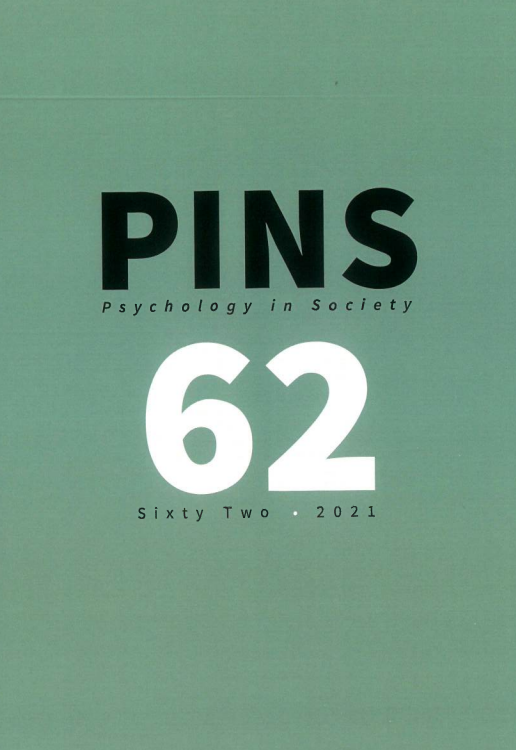Global mental health in an unequal world: An interview with Shekhar Saxena
DOI:
https://doi.org/10.57157/pins2021Vol62iss1a5588Keywords:
global mental health, inequality, World Health Organisation, WHO, social determinants, universal health coverageAbstract
Inequities in access to psychosocial care are well documented and intersect with a range of socio-political determinants of health; in particular, poverty, unemployment, and stigma. ‘Mental Health in an Unequal World’ was therefore an appropriate and urgent theme for World Mental Health Day 2020, as an opportunity to trouble the status quo. Shekhar Saxena has been at the forefront of reducing the treatment gap for people living with mental illnesses and has contributed greatly to advancing an agenda for radical reform across the world. A psychiatrist by training, he is now Professor of the Practice of Global Mental Health at Harvard University’s T. H. Chan School of Public Health and served as Director of the Department of Mental Health and Substance Abuse at the World Health Organisation (WHO) from 2010-2018. He was the editor of The Lancet Series on Global Mental Health in 2007 and 2011, and The Lancet Commission on Global Mental Health and Sustainable Development 2018. In this interview Prof Saxena reflects on the gains and challenges of advocating for a more just, equitable, and healthier world. In particular, he discusses why he is optimistic about the role played by global mental health initiatives, such as WHO’s Mental Health Action Plan; that for universal health coverage to be successful it must integrate mental healthcare at all levels; and that people living with mental illnesses must have a voice in decision-making structures.
Downloads
Published
How to Cite
Issue
Section
License
This journal is an open access journal, and the authors' and journal should be properly acknowledged, when works are cited.
Authors may use the publishers version for teaching purposes, in books, theses, dissertations, conferences and conference papers.
A copy of the authors’ publishers version may also be hosted on the following websites:
- Non-commercial personal homepage or blog.
- Institutional webpage.
- Authors Institutional Repository.
The following notice should accompany such a posting on the website: “This is an electronic version of an article published in PINS, Volume XXX, number XXX, pages XXX–XXX”, DOI. Authors should also supply a hyperlink to the original paper or indicate where the original paper (http://www.journals.ac.za/index.php/pins) may be found.
Authors publishers version, affiliated with the Stellenbosch University will be automatically deposited in the University’s’ Institutional Repository SUNScholar.
Articles as a whole, may not be re-published with another journal.
The copyright of the article(s) lies with the author(s).
The copyright of the journal lies with PINS-psychology in Society.
The following license applies:
Attribution CC BY-NC-ND 4.0 - https://creativecommons.org/licenses/by-nc-nd/4.0/

